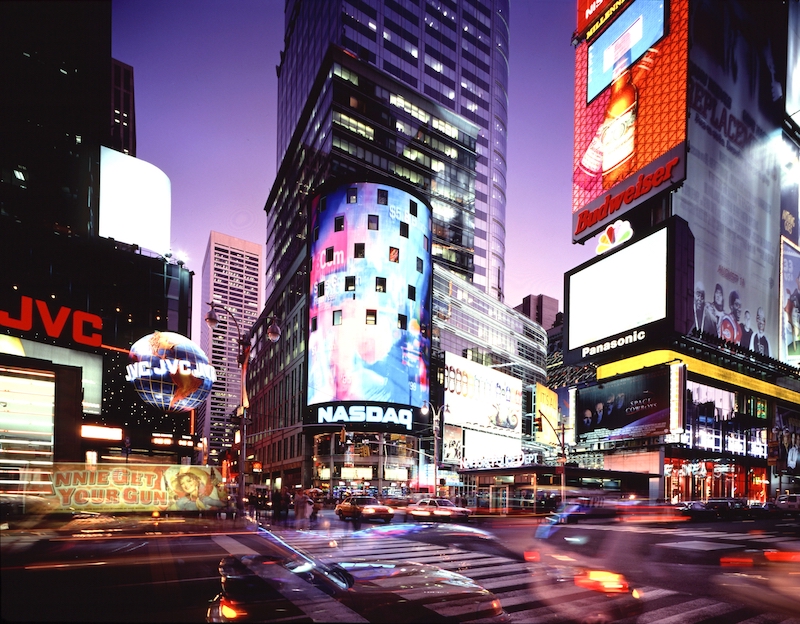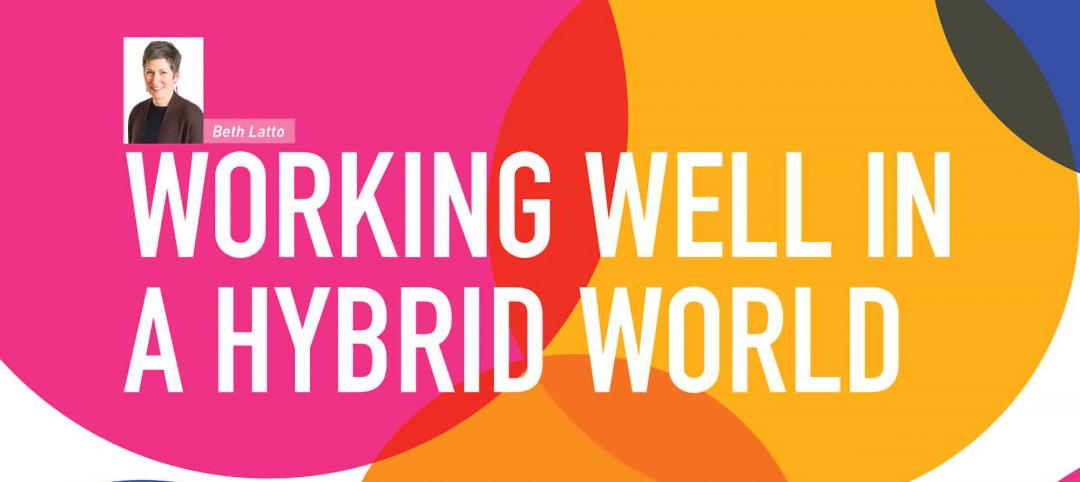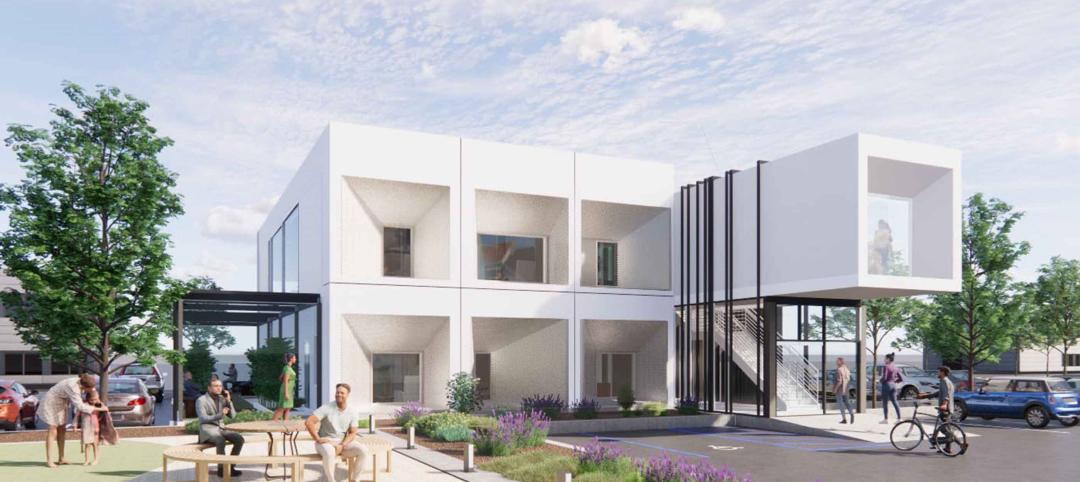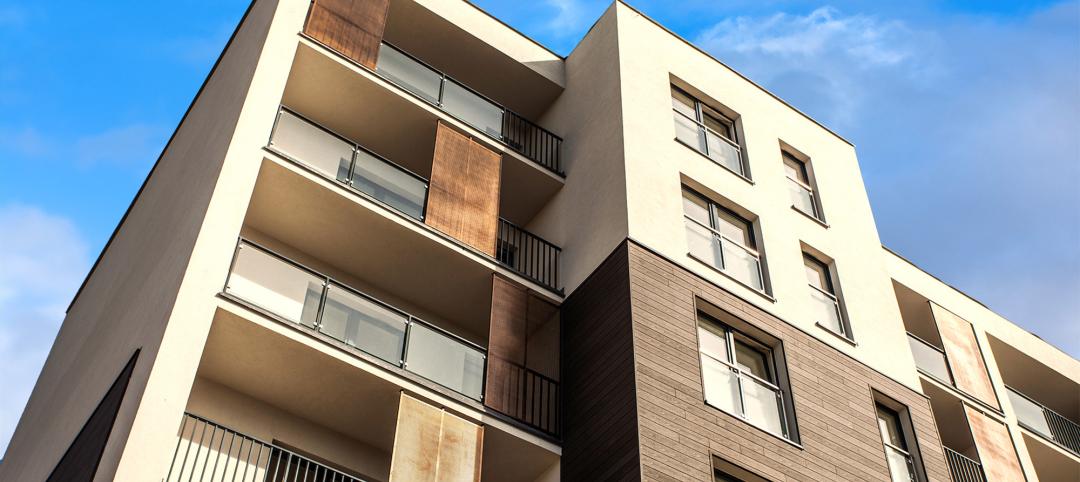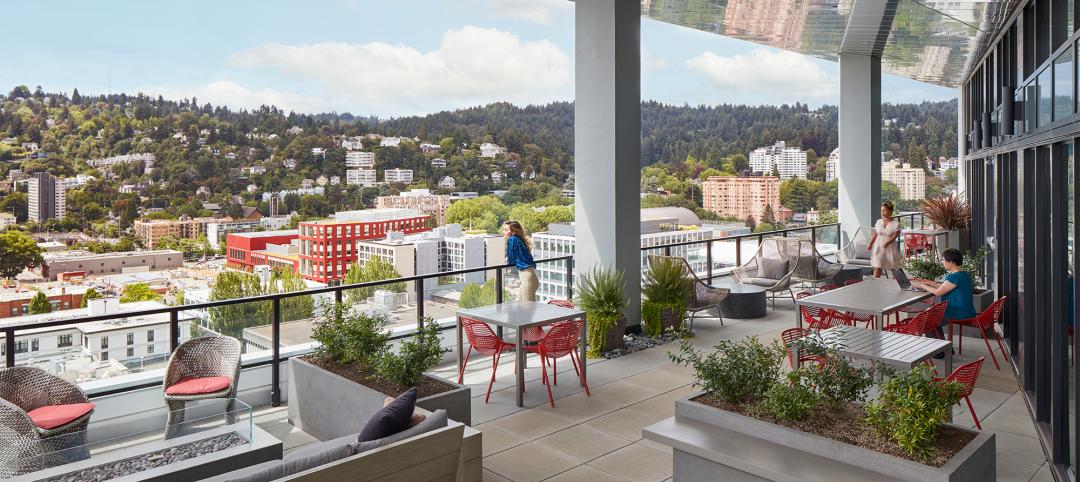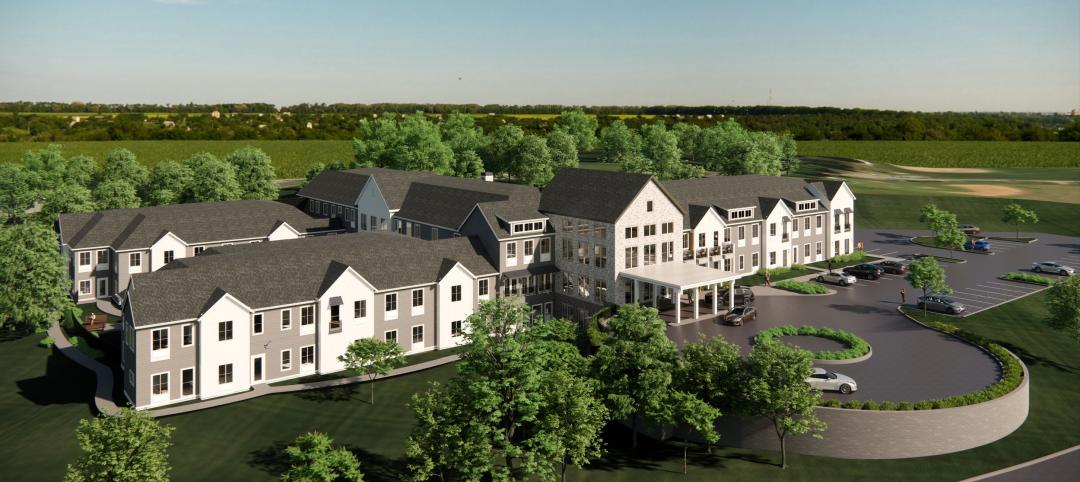During this unprecedented time, we find ourselves wondering if the things we love about living in cities are going to be completely upended, or change forever. If we follow the guidelines for social distancing, we can flatten the curve of this terrible virus in the short term, while still benefiting from being an urban citizen. And in the long term, we believe that the benefits of living in cities far outweigh any adjustments we make to stay healthy and safe.
On a purely functional level, working from home has been a fairly seamless transition for many of us. Supported by amazing, powerful technology, we continue to do what we do: write, calculate, draw, communicate, and create. Productivity isn’t the core problem; it’s the abrupt physical distance from our colleagues, friends, and even family members that is more disruptive.
Density may make it easier for the virus to spread, but let’s not forget that cities are in many ways the heart of society, and a springboard of big ideas, inventions, art, and culture. That’s because cities have a unique spatial and social ecology. During this time of isolation, it’s reassuring to be able to look out the window and see people walking their dogs or delivering groceries, or even just to hear our neighbors’ footsteps around us—things not always possible in the suburbs or country. Simply being in relatively close proximity to a community of people (even while staying home) can have psychological and logistical benefits.
The concentration of urban life can help us overcome feelings of isolation, anxiety, and depression. In the aftermath of 9/11 and Hurricane Sandy, New Yorkers pulled together without government directives, spontaneously looking out for one another, and offering help to strangers as easily as we did friends and neighbors. Today, we hear countless stories of kindness, ranging from people doing errands for elderly neighbors to 3D-printing face shields for medical workers to holding impromptu morale-boosting singalongs from tiny apartment balconies.
The resilient nature of the city itself and its residents is symbiotic and allows us to come back stronger than ever before. While we respect our six feet of separation, we continue to communicate—sometimes even more or better than we did before. We may have temporarily lost physical contact, but we have not lost the bonds of our community. In these troubling times, it’s uplifting to think of how applying that can-do attitude to other crises, such as climate change or homelessness, could result in a better world for cities and beyond.
Related Stories
Office Buildings | Jun 3, 2024
Insights for working well in a hybrid world
GBBN Principal and Interior Designer Beth Latto, NCIDQ, LEED AP, ID+C, WELL AP, share a few takeaways, insights, and lessons learned from a recent Post Occupancy Evaluation of the firm's Cincinnati, Ohio, office.
MFPRO+ Special Reports | May 6, 2024
Top 10 trends in affordable housing
Among affordable housing developers today, there’s one commonality tying projects together: uncertainty. AEC firms share their latest insights and philosophies on the future of affordable housing in BD+C's 2023 Multifamily Annual Report.
K-12 Schools | Apr 29, 2024
Tomorrow's classrooms: Designing schools for the digital age
In a world where technology’s rapid pace has reshaped how we live, work, and communicate, it should be no surprise that it’s also changing the PreK-12 education landscape.
Healthcare Facilities | Mar 18, 2024
A modular construction solution to the mental healthcare crisis
Maria Ionescu, Senior Medical Planner, Stantec, shares a tested solution for the overburdened emergency department: Modular hub-and-spoke design.
Office Buildings | Mar 8, 2024
Conference room design for the hybrid era
Sam Griesgraber, Senior Interior Designer, BWBR, shares considerations for conference room design in the era of hybrid work.
Airports | Jan 15, 2024
How to keep airports functional during construction
Gensler's aviation experts share new ideas about how to make the airport construction process better moving forward.
Apartments | Jan 9, 2024
Apartment developer survey indicates dramatic decrease in starts this year
Over 56 developers, operators, and investors across the country were surveyed in John Burns Research and Consulting's recently-launched Apartment Developer and Investor Survey.
MFPRO+ Special Reports | Jan 4, 2024
Top 10 trends in multifamily rental housing
Demographic and economic shifts, along with work and lifestyle changes, have made apartment living preferable for a wider range of buyers and renters. These top 10 trends in multifamily housing come from BD+C's 2023 Multifamily Annual Report.
Urban Planning | Dec 18, 2023
The impacts of affordability, remote work, and personal safety on urban life
Data from Gensler's City Pulse Survey shows that although people are satisfied with their city's experience, it may not be enough.
Senior Living Design | Oct 30, 2023
Navigating architectural challenges—from 'unbuildable' to unbelievable
Mick Schaefer, AIA, NCARB, LEED GA, recounts the challenges Vessel Architecture & Design had to overcome while designing a state-of-the-art senior living facility.


